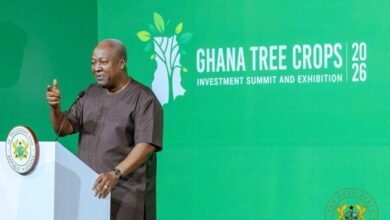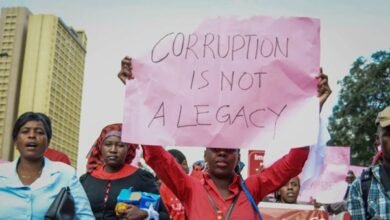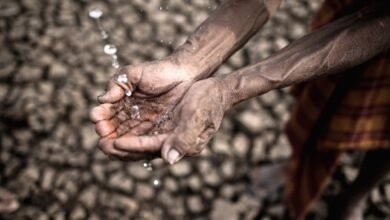Interview : Jeffrey Sachs “Africa has capacity to achieve 7-10% annual growth”

The director of the Center for Sustainable Development at Columbia University analyzed the African Development Bank’s (AfDB) report « Africa’s Macro-Economic Performance and Outlook 2023 » at the last African Union (AU) summit.
By Bernard Bangda
On the sidelines of the African Union (AU) summit held in Addis Ababa from February 15 to 19, the AfDB presented to heads of state and government « Africa’s Macro-Economic Performance and Outlook 2023 », its twice-yearly forecast of the continent’s economic development. After analyzing the report, American economist Jeffrey Sachs said « Africa has the capacity to achieve annual growth of 7 to 10%. »
« The continent’s main advantage is its population, which Africa could draw on to grow a robust single market, like China and India »
For the director of the Center for Sustainable Development at Columbia University in the United States, the continent’s main advantage is its population, which Africa could draw on to grow a robust single market, like China and India. And for good reason, says Jeffrey Sachs, « Africa has the greatest growth potential. Therefore, « building a single market allows Africa to position itself among the three largest global marketplaces.” He then called on African heads of state and government to « build vital regional infrastructure and close infrastructure gaps over the following decades.”
The American economist also urged them to facilitate access to health care and education in their countries by adopting affordable price policies. He said that « the AfDB is an essential instrument that African leaders should seek for financing to put the continent on a sustainable growth trajectory.”
AU should be added to G-21
« The G-20, a pillar of multilateralism, the best of the world’s many high-level talk shops, leaves out 96% of Africa’s population (South Africa is member). To correct this, it must add the AU”
All these strengths and more lead Jeffrey Sachs to say that « the AU must become a permanent member of the G-21 ». And this is not the first time the American has said this. In an August 2021 column on www.project-syndicate.org entitled « The Case for a G-21 », he said: « The G-20 is a pillar of multilateralism, the best of the world’s many high-level talk shops, but it leaves out 96 percent of Africa’s population. To correct this, it must add the AU. »
“The AU’s 55 countries (more than one-quarter of UN members) are home to 1.4 billion people (17.5% of the global total) and $2.6 trillion in annual output at market exchange rates (almost 3% of world GDP),” he noted. When admitting the AU there would be a significant increase in representation, the addition of a single seat with just ten minutes more to a round-of-table discussion. It would also strengthen policy coordination and coherence across the 55 African economies, » he said in conclusion.
In its report « Africa’s Macro-Economic Performance and Outlook 2023″, the AfDB states that » following two years of global shocks and a slowdown in Africa’s growth to an average of 3.8% in 2022, African economies are set to return to a path of economic recovery, stability and growth. »






